Every so often I persuade my husband to attend a concert of classical music with me A while ago we traveled into the city to hear the Chicago Symphony Orchestra.
As soon as we found our seats, I knew something special was going to happen. On the stage, behind the chairs set up for the string section, sat six harps. I had never seen so many harps in one place! I could hardly wait to hear what fantastic part they would play in the opening music by Wagner.
But wait is what I did. The harpists sat for almost twenty minutes while the violinists and cellists moved their bows over their strings, while the flautists and oboists blew their horns, while the percussionists banged drums and clashed cymbals.
Finally, at the end of the Wagner pieces, the harpists pulled their harps toward their shoulders and began to pluck strings. But still I could barely hear them because, as they were plucking, drums were pounding, trumpets were blowing.
I wondered if the harpists were disappointed that they didn’t have a bigger part to play in the performance.
Truth be told, I sometimes feel like those harpists.
In the performance of life, it often seems like I do more waiting than performing. And when my time comes to play, hardly anyone notices. I sometimes feel that in the grand symphony of life, the part I play is very small. I wonder if I can make any difference at all.

When I read 1 Corinthians I wonder if some of the people that the apostle Paul was writing to in Corinth were feeling the same way. Paul uses the analogy of the body and tells the Corinthians that as Christians we are all part of Christ’s body. Some of us are eyes, some are ears, some are hands. But we are all important.
In fact, he writes:
Those parts of the body that seem to be weaker are indispensable.
(1 Corinthians 12:22)
When Wagner composed the piece for orchestra, he considered the harpists indispensable. Otherwise, he would not have included them. The timbre of the plucking strings was necessary for the sound he wanted to achieve. Though they waited a long to play and had a small part, the music would not have been the same without them.
Though we may wait for a long time to play our part, even though our part may seem small, it is crucial in God’s symphony of life. He made each of us for a specific purpose and role. He wants us to know our worth in His plan.
In God’s symphony of life, you are indispensable.
Next step: How do you see your current role in God’s symphony of life? Waiting? Playing? Remember all roles are important.

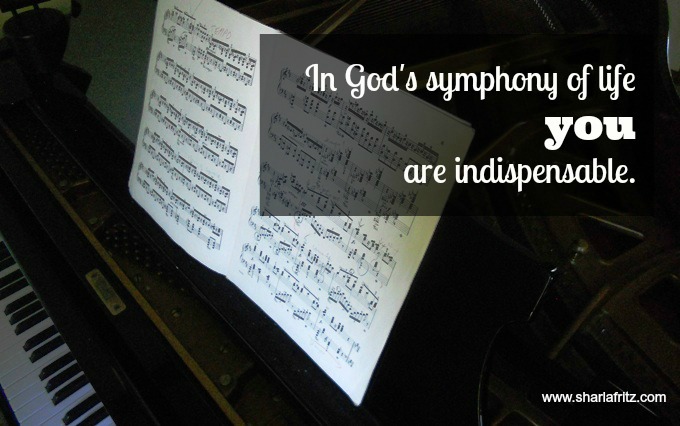

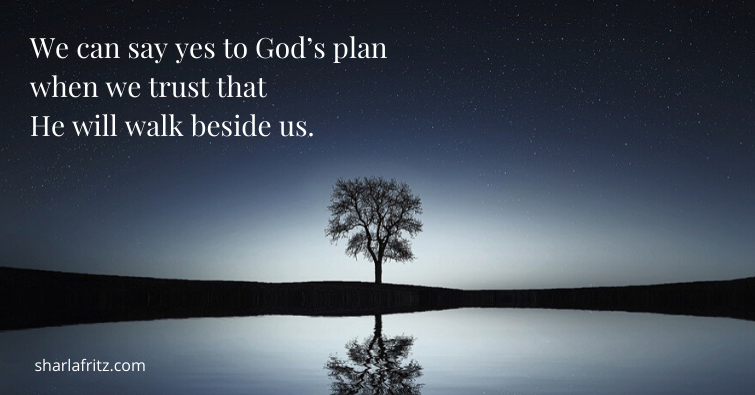


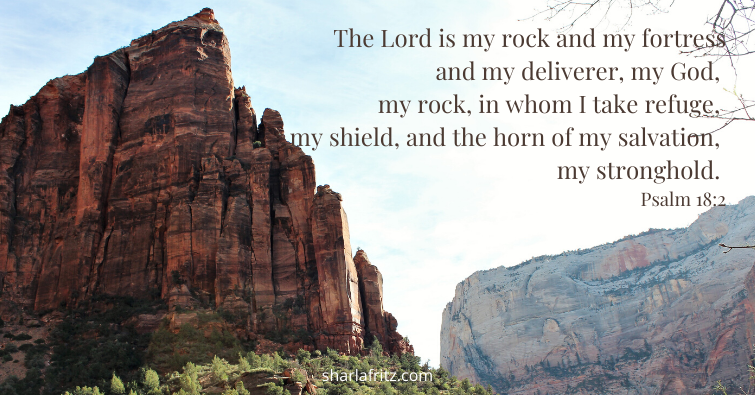




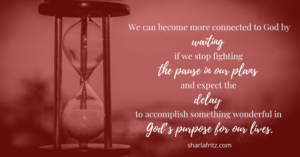
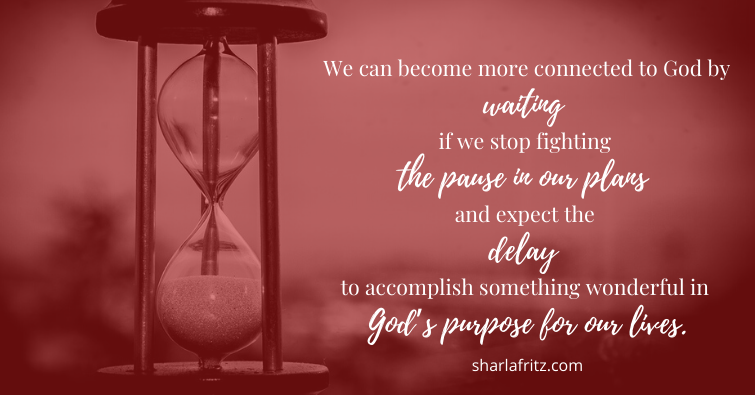









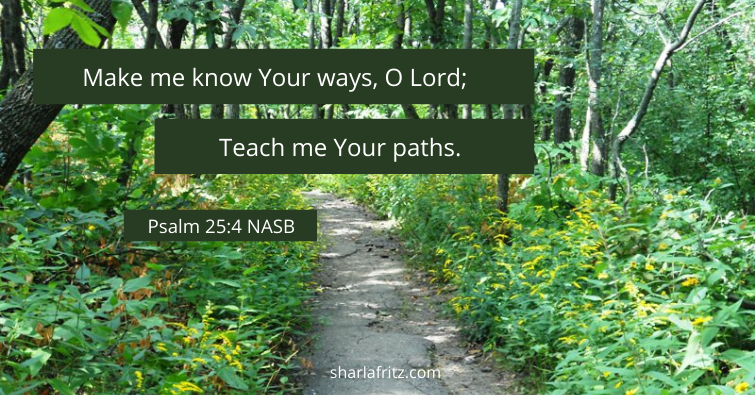




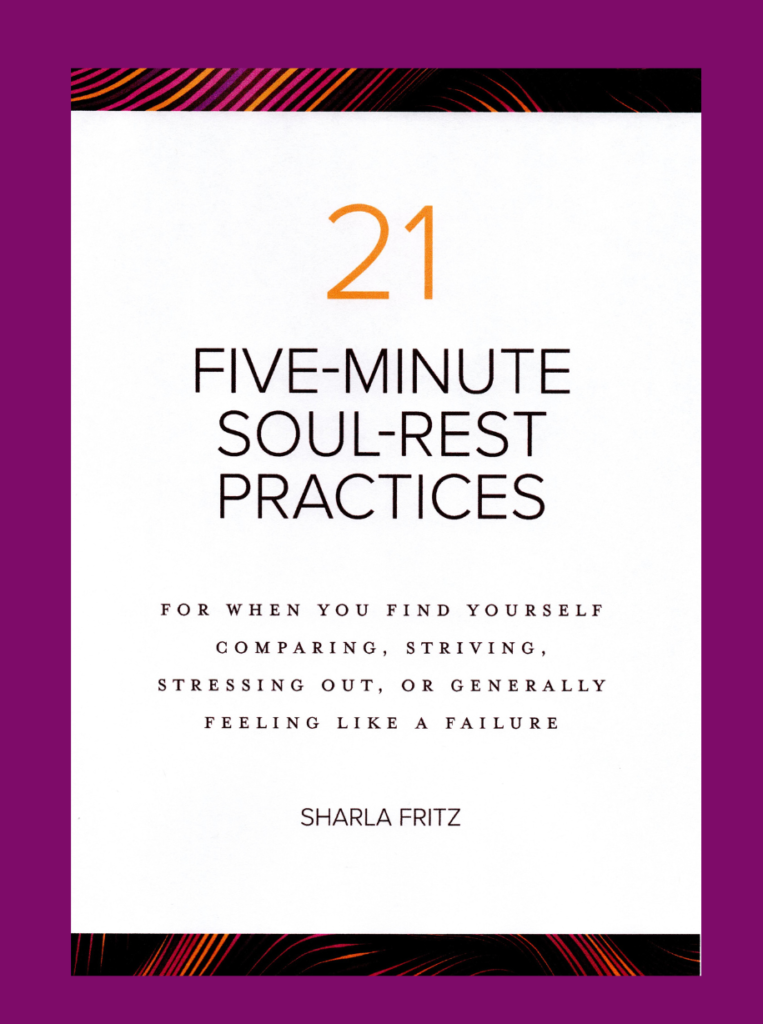
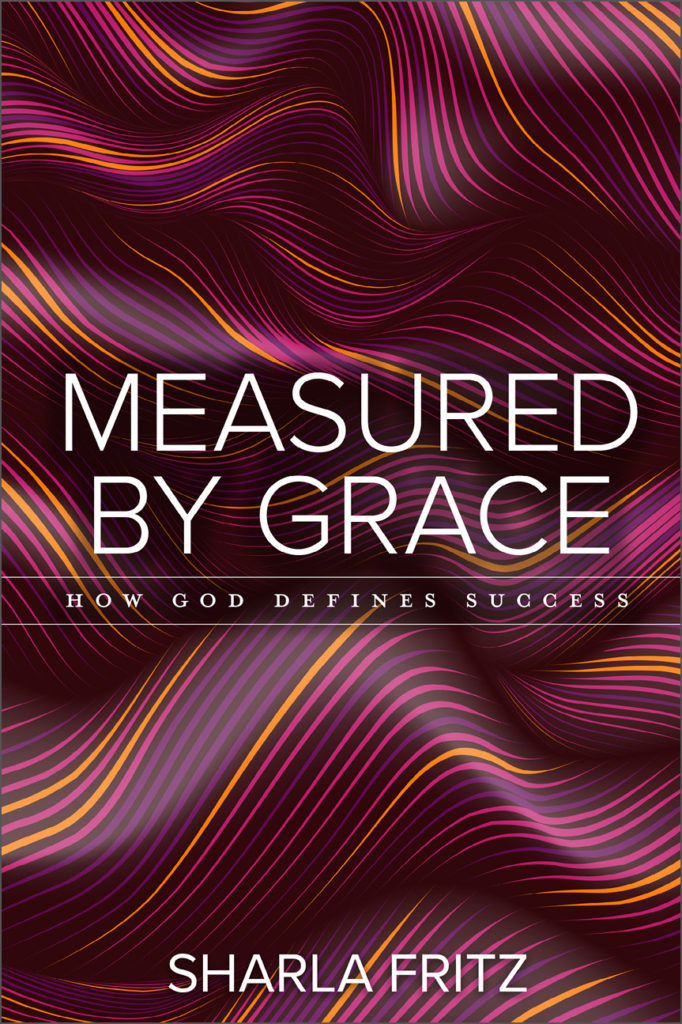
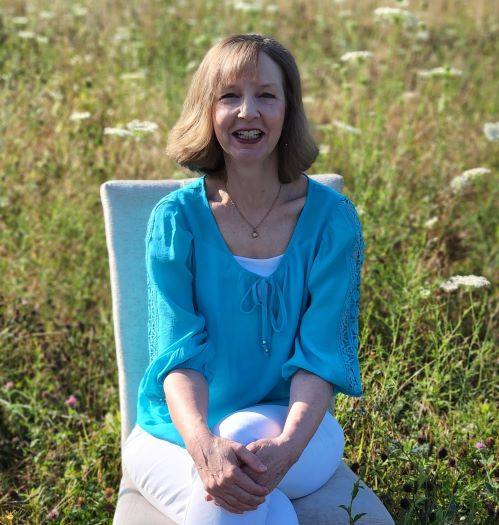
Follow Me!